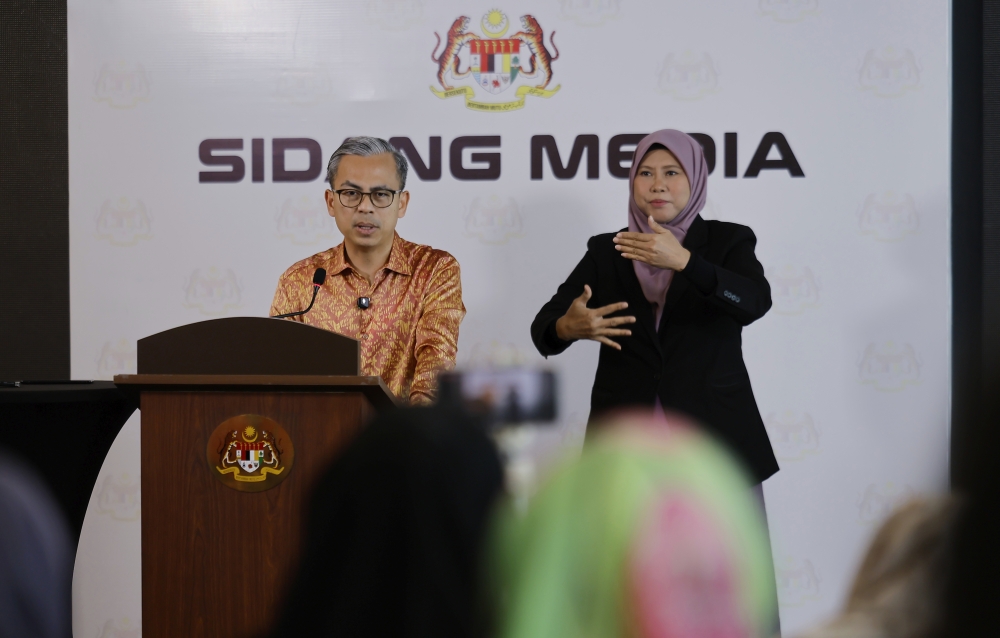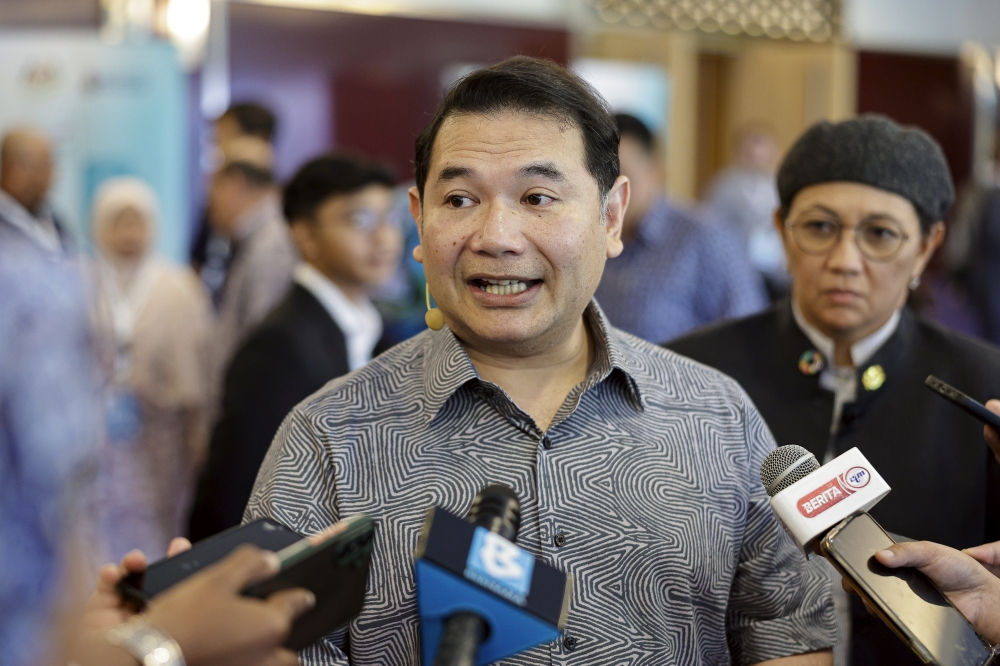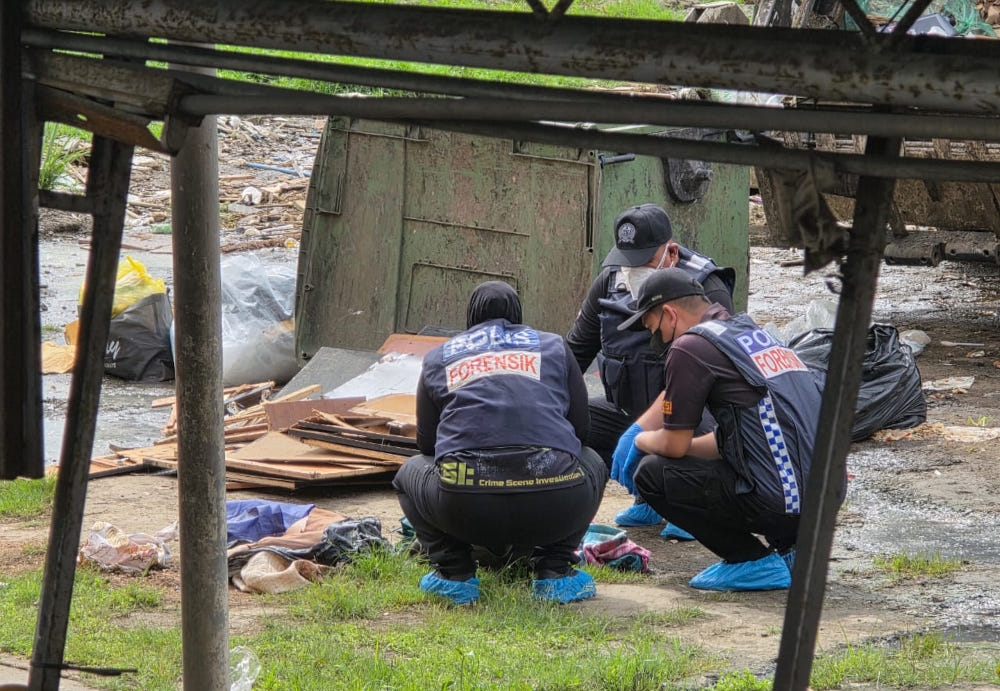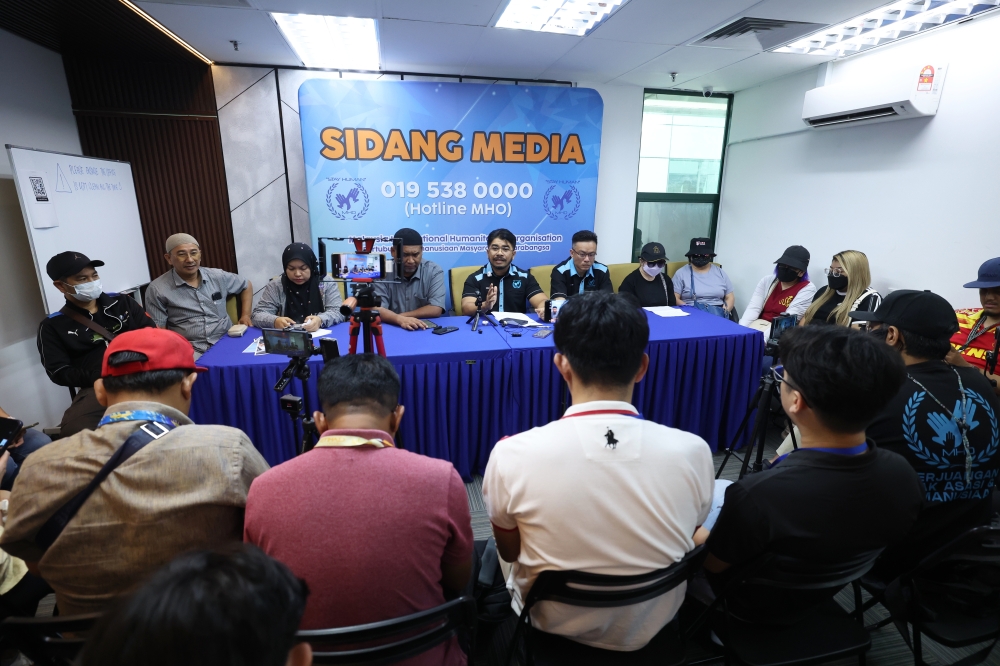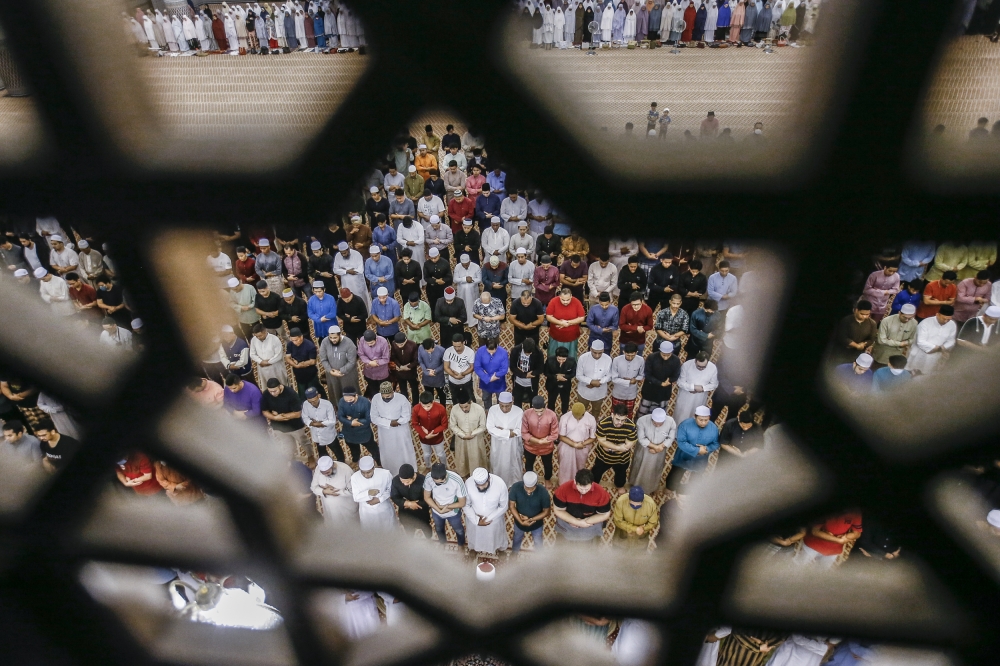MARCH 9 — In my last column, I talked about how our cognitive biases fuel group polarisations, resulting in counter-productive approaches to social change and progress.
It is important to note that in that column, I was not talking about how we should act in times of injustice but rather how we should respond to different opinions.
Today, I’d like to touch on something a bit more personal — intra-group conflict. As I write this, I am identifying myself as a friend, an ally, a colleague and/or classmate, a Muslim, a liberal, a feminist, and what other labels people may attach to me.
I’d like also to make it clear that what I am about to say does not only apply to political or ideological leanings, but also to all spheres of our life.
I would be talking about people within my group (whatever group that may be) and refrain from talking about the opposition — although this column can also be used for you to assess your personal situations. I am doing this because I only talk about what I know, and what I know is the problematic dynamics of the social groups that I have immersed myself in.
Intra-group conflict is conflict that happens within a particular group. Productive groups will find healthy ways to resolve intra-group conflicts, but the sad reality is that there are still many groups who find themselves incapable of resolving those conflicts.
This is dangerous as it poses as a hindrance to the pursuit of resolving inter-group conflicts (conflicts between different groups).
There are many reasons as to why intra-group conflicts happen, namely process conflicts and personal conflicts. However, since many social groups are too vast for their members to know each other personally, today I will concentrate on the source which I believe is the most pervasive in both small— and large-scale groups — process conflicts.
Process conflicts are disagreements over methods or procedures the group should use to complete their task or desired goal.
For example: In politics, some suggest discussing conflicting ideas, while others suggest “punching a Nazi in the face.” In religion, some may want to discuss how different interpretations of religious texts influence existing attitudes, while others think it’s easier to excommunicate those with different beliefs.
Extremists are threatened by the existence of anyone else unless that person has views that are identical to their own. While it is understandable in regard to inter-group conflicts, it is disheartening to know that this extremism also exists within groups whereby people are hypersensitive to the different ideas of their members instead of focusing on the common goal.
(It should be understood that in this context, “extremists” do not refer to those such as the white supremacist group, KKK, or the Muslim terrorist organisation, ISIS. These kinds of groups do not care about doing the right thing — they only care to be right. In these situations, choose your battles wisely and engage with those who are on the same playing field as you are. Trying to reach out to those who are likely never to hear your voice is futile.)
I wish I could say that intra-group conflicts are rare, but the truth is that they are a destructive norm that causes groups to split up quickly as people coax other members to be on their side and alienate their disputant(s).
Groups seem to attack each other as much as, if not more, than when they attack their common “enemy” and because of this, the cohesion of the group becomes compromised. Some members may even choose to detach or leave.
This is a reality that is sad to see because all the groups that I have been in, despite the differences that exist within them, all strive for the same thing — happiness, be it for ourselves or those around us.
When you find yourself in an intra-group conflict, the best step to take is to avoid gossip and backbiting. Instead of pressuring members to pick a side, confront your disputant(s) and compromise with them through a civil discussion.
If you find yourself on the sidelines of a conflict, instead of choosing sides, mediate the situation by providing ways to resolve the differences.
We might have a long way to go before people start engaging with each other with genuine curiosity instead of over-reaction, but identifying the problem that we are facing is a good first step to take. Members within groups do not always agree with each other, however, through honest and rational discourse, you might find that a diversity of opinions could go a long way in trying to transform pervasive negative attitudes, mentalities, and structures.
We want people to take us seriously, but how can they when we still disagree on how to disagree?
* This is the personal opinion of the columnist.





